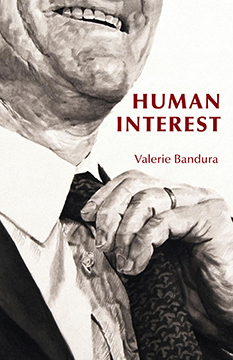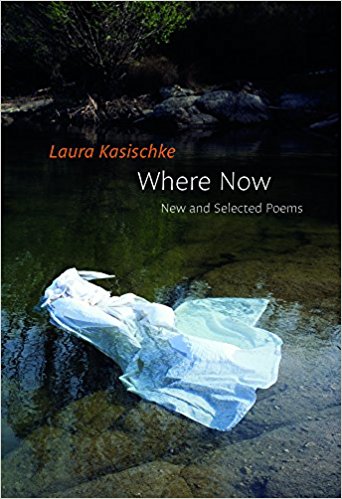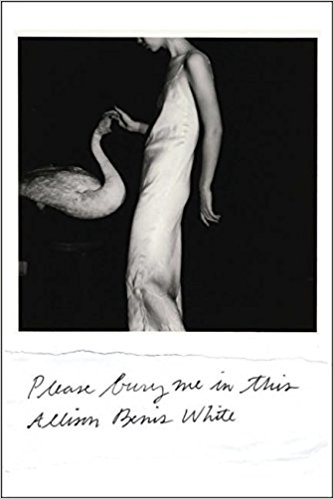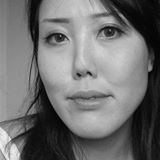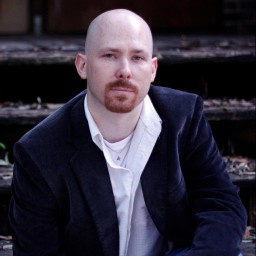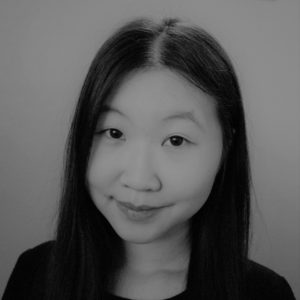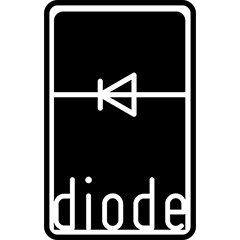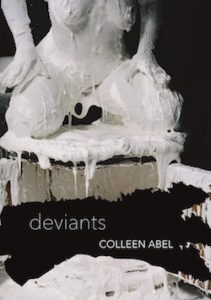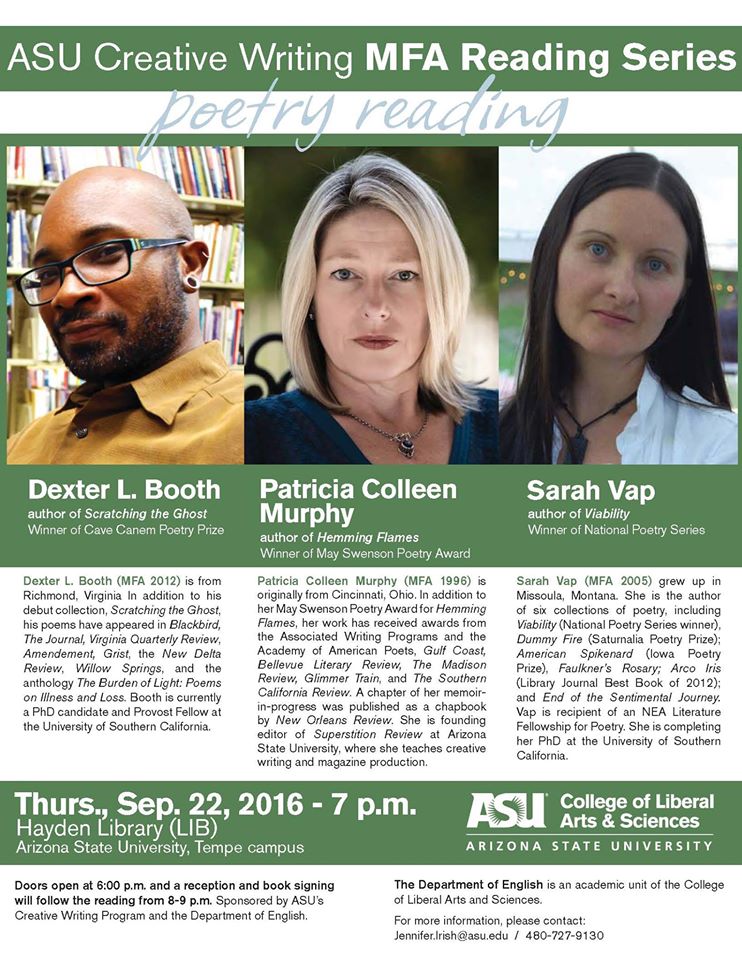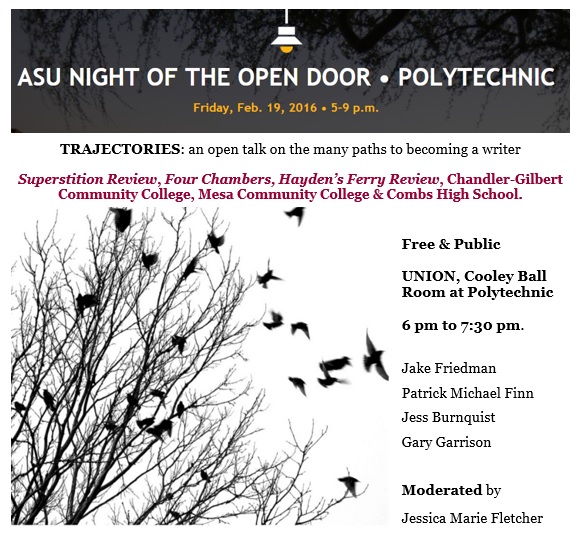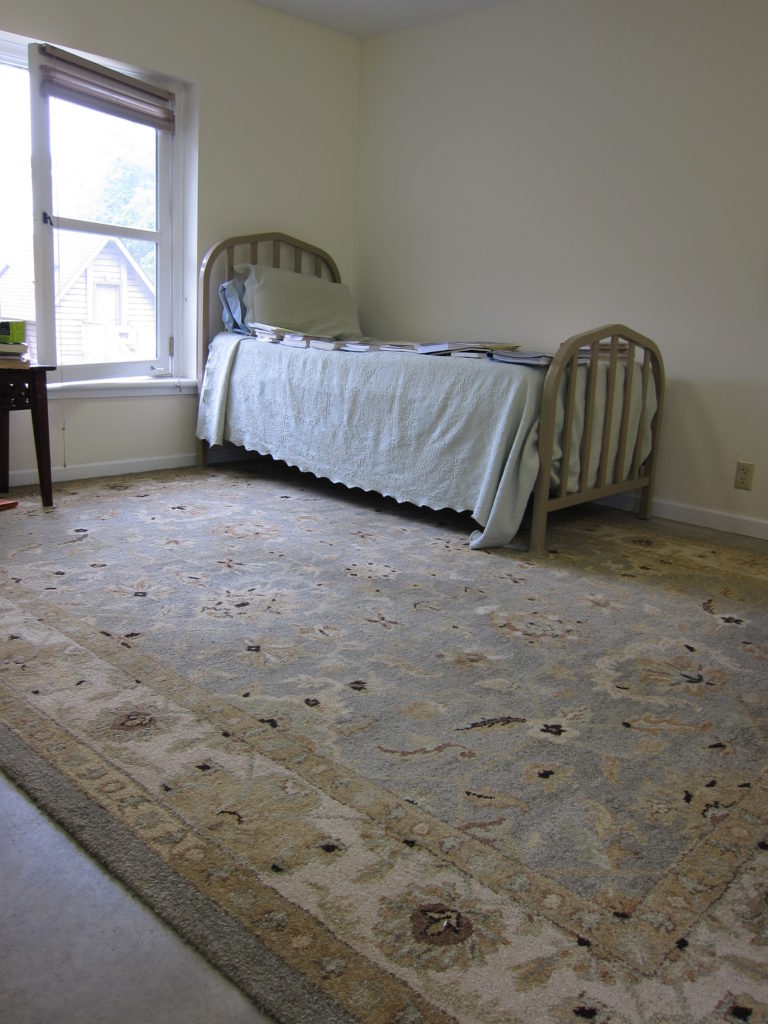 First, let me tell you about the room I don’t have, the one at home. I’m the mother of a son with autism, now 32, and my work space is a corner of the dining room, where I can be at the computer and still see the short bus when it arrives. My “desk” is a book bag, highly portable. My actual books are in book cases scattered throughout the house. And my work day is fragmented, too—we have to provide transportation for him now that he’s out of school, plus there are household tasks, doctor appointments, trips to the gym. . . .I’ve got a yard full of perennials and a vegetable garden which need my attention. My work day is also rife with interruptions—the doorbell, the phone, my beloved husband wandering in to read me items from the newspaper (which I’ve already read). And there are the other parts of caregiving: making up med sets, running a behavior modification program, cooking gluten and dairy-free meals; in general, I “run” things— But I also try to engage in the written word, even if it’s just reading, every day. I find it a small miracle that I’ve actually written anything at all, even though at this point I’ve published close to 900 poems. . . .
First, let me tell you about the room I don’t have, the one at home. I’m the mother of a son with autism, now 32, and my work space is a corner of the dining room, where I can be at the computer and still see the short bus when it arrives. My “desk” is a book bag, highly portable. My actual books are in book cases scattered throughout the house. And my work day is fragmented, too—we have to provide transportation for him now that he’s out of school, plus there are household tasks, doctor appointments, trips to the gym. . . .I’ve got a yard full of perennials and a vegetable garden which need my attention. My work day is also rife with interruptions—the doorbell, the phone, my beloved husband wandering in to read me items from the newspaper (which I’ve already read). And there are the other parts of caregiving: making up med sets, running a behavior modification program, cooking gluten and dairy-free meals; in general, I “run” things— But I also try to engage in the written word, even if it’s just reading, every day. I find it a small miracle that I’ve actually written anything at all, even though at this point I’ve published close to 900 poems. . . .
So, every eighteen months, I try to go away to a colony, specifically The Virginia Center for the Creative Arts http://www.vcca.com/main/index.php, in Amherst, VA. It’s competitive; I don’t always get in, plus sometimes there are things “in real life” that make getting away impossible. But right now, here I am, in sweet Virginia, on a May morning; paradise restored. It’s nothing fancy; the studios are basic, austere, even, in a repurposed dairy farm. I believe my room formerly housed cows. The outside is cinder block; the floors are poured cement. But there’s a twin bed (you can sleep in your studio, but I prefer to walk back to the residence at night); a “distressed” (many writers have put butt to chair here) but comfortable leather arm chair and ottoman; a large desk, big enough to hold my printer, laptop, slant desk, and then some; two small tables; a book case; and two lamps. And four big windows with a view of the hedgerow, the dirt road that winds through the campus, a meadow of wild grasses and daisies, and the Blue Ridge Mountains stretching beyond.
Lately, I’ve been reading blogs about “how to keep going after the MFA,” which leave me puzzled. We’re writers; writers write. Or they construct manuscripts, which is going to be my primary task here, to put, not as Coleridge said, “Best words, best order” (his definition of a poem), but “best poem, best order” for two book length manuscripts. If I finish these projects, I plan to take a look at where the poems that don’t fit in either of these manuscripts are going, what the themes are, etc., with an eye to another book down the road. And I’d like to write some new poems, as well.
All these days, stretching out before me. It’s amazing, when you take food prep (planning, shopping, cooking, cleaning up afterward) out of the equation how many hours there are in a day. I could hardly wait to get here. I roll up my sleeves and begin.
Here’s a poem I wrote after a previous residency:
WRITERS’ COLONY
Wrapping up a residency, new work done,
car packed with poems, computer, books.
There’s a bluebird on the tree limb over my head,
white belly, orange throat, blue back.
His only job is to be beautiful.
For weeks here, there’s been nothing but work,
no jobs or families or domestic duties, not a pan
to wash or a meal to prepare. We have reverted
to childhood, trade items from our lunchboxes.
Play Truth or Dare at night. Put on plays,
read each other stories. On warm days,
we sit in the sun and drink lemonade.
No one tells us to clean up our rooms or our prose.
We write more and more. Whole forests have died
for our work. Each day, we are closer to capturing
beauty, though it flies out of reach.
I’d like to sit here forever, on the Pasternak bench,
and try to decide which is lovelier, the pink
dogwood or the white, write a few
more lines, watch the high white clouds scroll
on a brilliant blue sky, stay until
the sticky little leaves unfurl
to an audience of waving hands.
I’d like to sit here,
until the cows come home,
or Mother calls us in.
published in New Works Review, 2004
